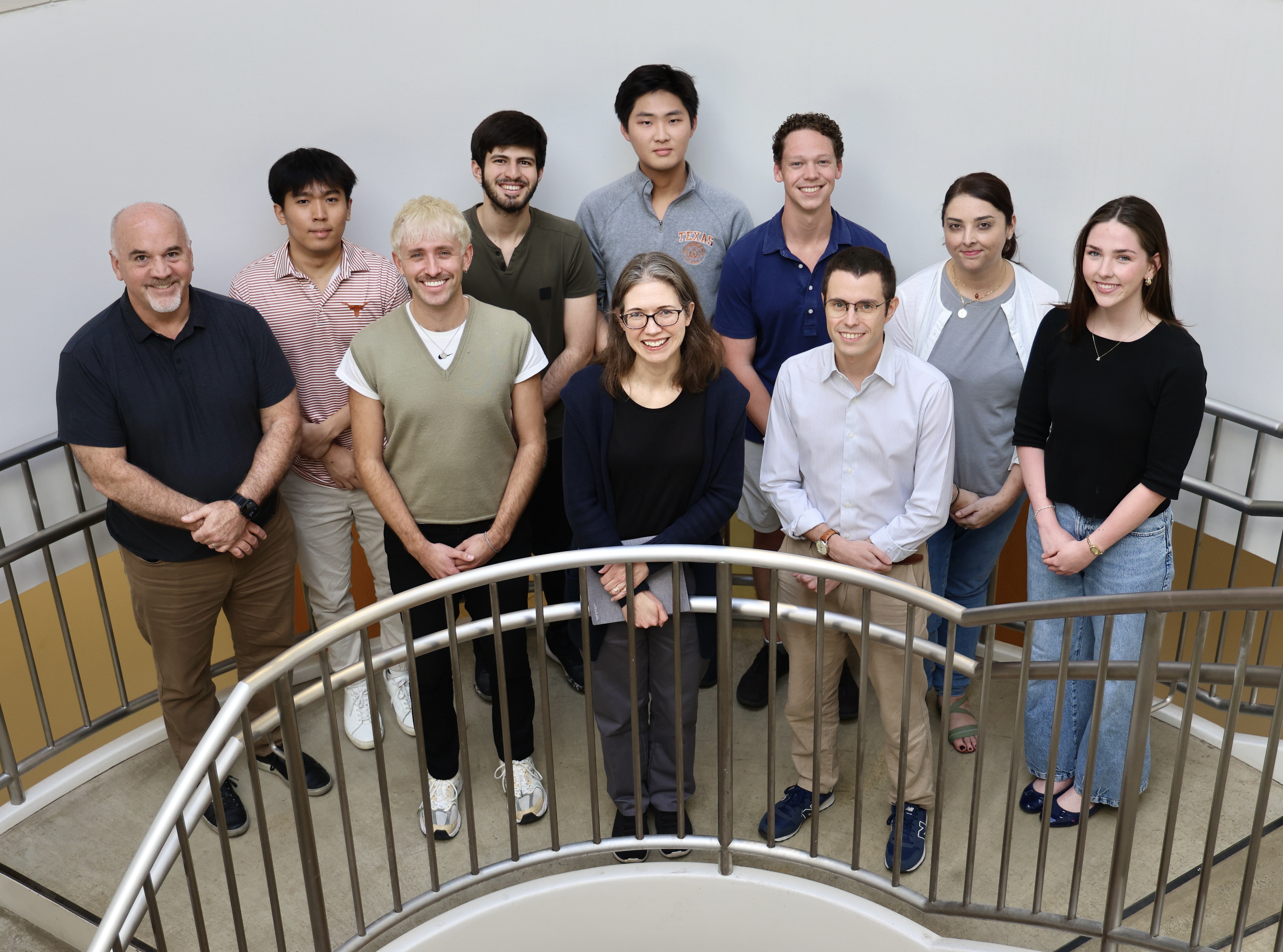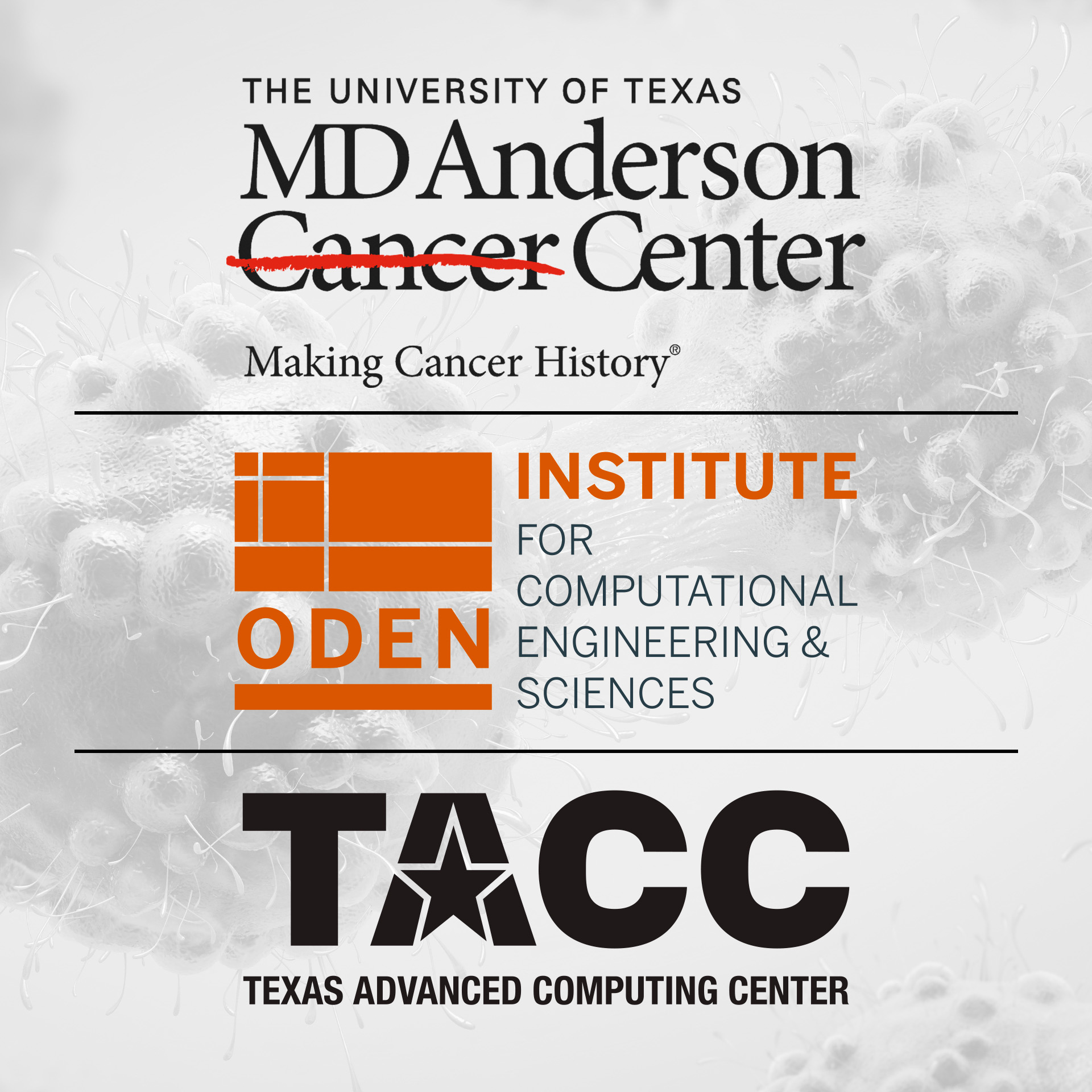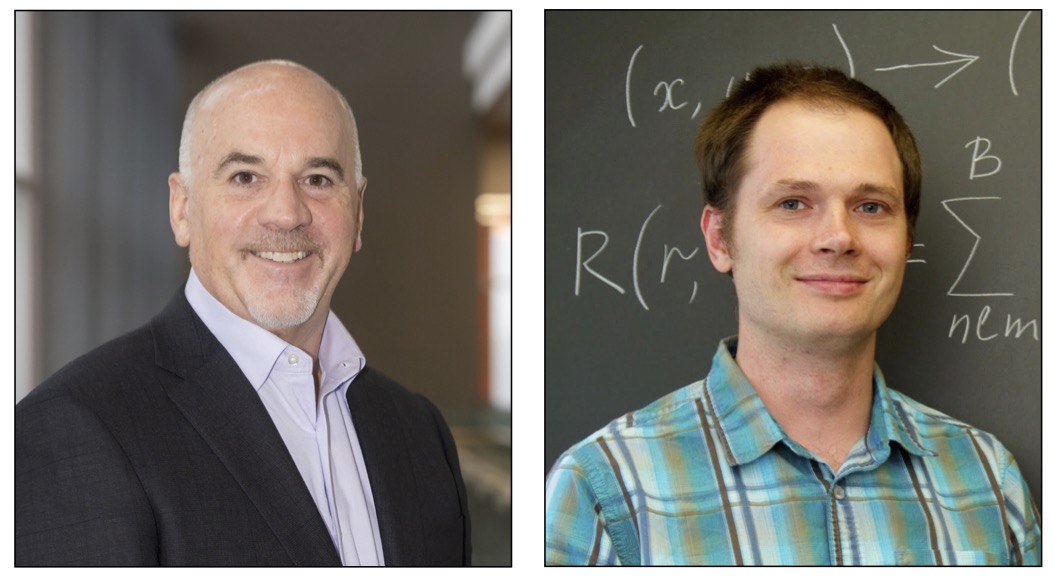
Established in January 2025, the Center for Computational Medicine is a collaboration between the Oden Institute and the Dell Medical School at The University of Texas at Austin. The Center draws from innovation across the disciplines of medicine, biology, engineering, mathematics, and computational science to advance personalized healthcare.
Mathematical models of disease go beyond being based on medical imaging to incorporate other modalities like genomics and metabolomics that are updated with personalized patient data to create digital twins. These models are translated into tools that enable clinicians to make data-driven treatment decisions based on their patients’ history and risk profile. Patients benefit from better understanding their care and from matched care that eliminates unnecessary procedures. Clinicians benefit from increased knowledge about disease markers, phenotypes, and modes of progression.
While the Center for Computational Medicine will reach beyond Austin as a global resource for the creation of medical digital twins, it will locally support the translation and deployment of these novel technologies in the "Hospital of the Future" at UT. Grounded in computing and machine learning, bolstered by the Oden Institute’s world-renowned leadership in digital twin research, and equipped with the high-performance computing resources at the Texas Advanced Computing Center (TACC), the Center’s technologies will be tested and translated into clinical tools that empower physicians to deliver the highest quality care to their patients.
The addition of the center adds to the strengths of two existing Oden Institute research centers - the Center for Computational Oncology and the Willerson Center for Cardiovascular Modeling and Simulation. Together, these centers foster the collaborative environment for students from both medicine and computational engineering and sciences to lead the frontier of computational care.
Directors

Faculty and Research Staff
Students
Staff

News
Dec. 4, 2025
The selected projects apply imaging, computational modeling, and digital twin technologies to improve prediction, treatment planning, and early detection across prostate, head and neck, and liver cancers.

News
Sept. 29, 2025
Charles Taylor and Dima Kozakov are recipients of major grants from the State of Texas. Taylor received the Governor’s University Research Initiative (GURI) grant, and Kozakov received a grant from the Cancer Prevention and Research Institute of Texas (CPRIT).

News
Sept. 15, 2025
Four Oden Institute graduate students were elected by their peers to lead activities that enhance student life for the 2025-26 academic year.